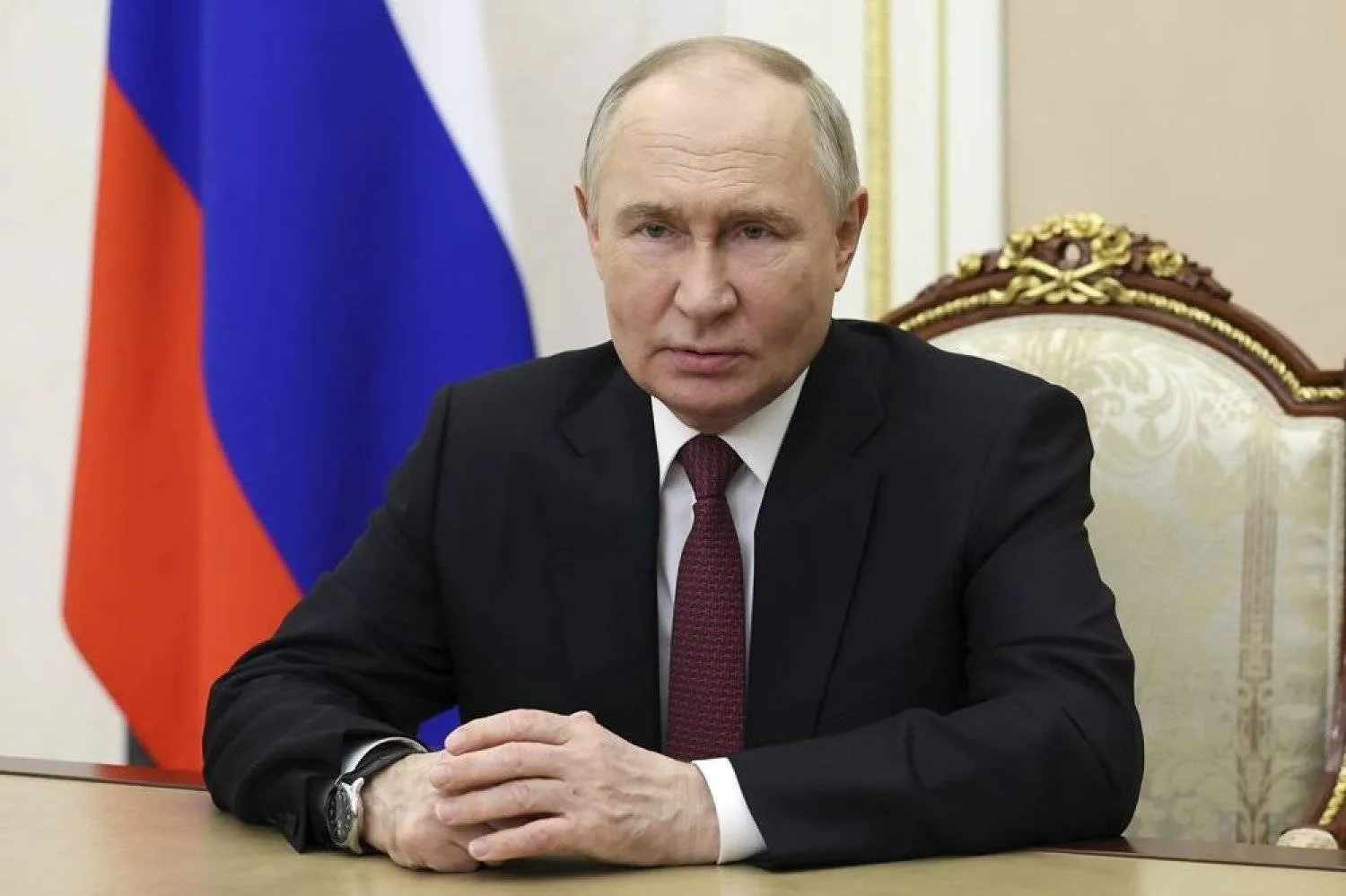The Kremlin said on Monday that Russian President Vladimir Putin had not contacted Donald Trump after the assassination attempt on the Republican US presidential candidate and had no plans to do so.
Asked if security measures around Putin would now be beefed up, Kremlin spokesman Dmitry Peskov said the Russian leader enjoyed the appropriate level of protection and that all necessary measures were being taken.
The Kremlin said on Sunday it did not believe the US administration was responsible for Saturday's assassination attempt on Trump, but accused it of creating an atmosphere that provoked the attack.
Russia's Putin Has No Plans to Contact Trump after Assassination Attempt

Russian President Vladimir Putin congratulates Russian Border Guards troop celebrations their service holiday in Moscow, Russia, Tuesday, May 28, 2024. (Alexander Kazakov, Sputnik, Kremlin Pool Photo via AP)

Russia's Putin Has No Plans to Contact Trump after Assassination Attempt

Russian President Vladimir Putin congratulates Russian Border Guards troop celebrations their service holiday in Moscow, Russia, Tuesday, May 28, 2024. (Alexander Kazakov, Sputnik, Kremlin Pool Photo via AP)
لم تشترك بعد
انشئ حساباً خاصاً بك لتحصل على أخبار مخصصة لك ولتتمتع بخاصية حفظ المقالات وتتلقى نشراتنا البريدية المتنوعة







